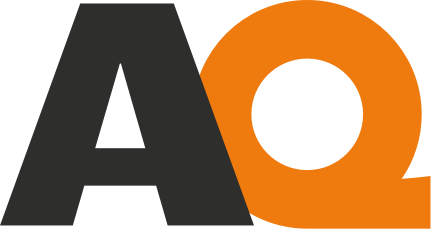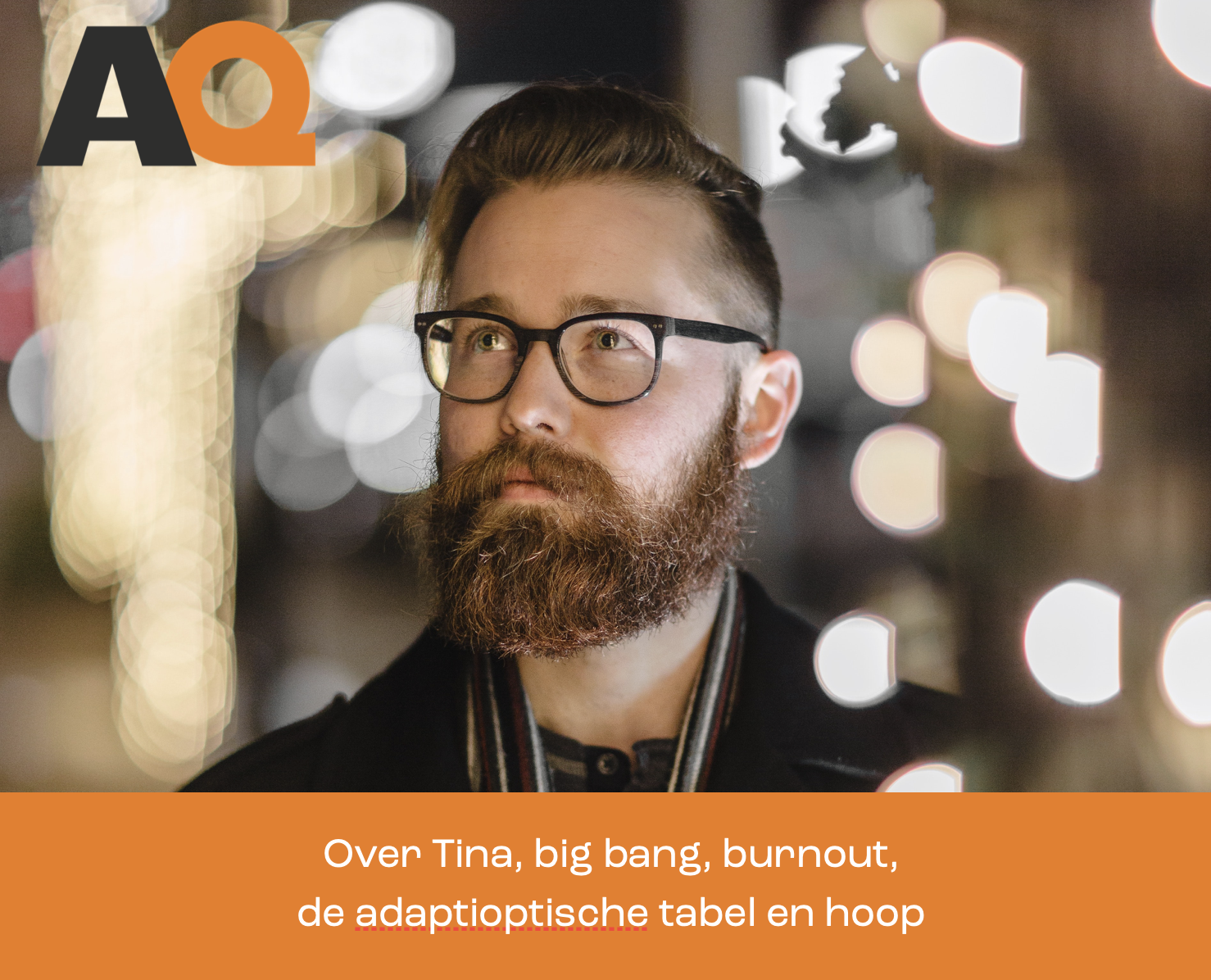About Tina, big bang, burnout and hope
Recently, I read the book "From Big Bang to Burn-out, the big story about stress" by Dutch psychiatrist Witte Hoogendijk and Wilma de Rek (head of books at De Volkskrant). Not just any book about stress: what I found remarkable was the (enormous) time perspective with which both authors look at the evolution of the theme of stress.
Stress is indeed the engine of evolution and without it we would not exist. Each new generation saw the light of day with a number of new mutations that made us better adapted to the changing environment.
We agree with both authors that the pressure is increasing and that our brain is lagging behind: the modern world automatically brings with it a number of stressors and all these stressors demand a reaction and that is where it goes wrong. This problem of overload is not new, of course. Our ancestors also considered their environment to be demanding but we can state that things are not improving and that there is no indication that a change will come soon. In the time between the Big Bang and now, we coped excellently with the stressors of our environment 99.9% of the time we walked around on this earth, but now our stress system is creaking at the seams. The problem affects everyone (although not everyone gets sick from it).
We can indeed speak of an evolutionary mismatch: we are equipped with a wonderful brain, but with cortisol raging through our veins we fall back much more than we wish into an earlier version of our species: instinctive and emotional. And we were so well on our way in the last few million years!
Belgian psychiatrist, professor and author Dirk De Wachter regularly speaks about this theme and uses the metaphor of a speedboat: the speedboat of society that goes faster and faster and from which more and more people fall off (to be picked up by the boats of mental health care). Funny that he gives the boat a name: Tina, from There is No Alternative.
But is this so? Is there really no alternative?
Maybe the boat can slow down a bit? In our workshops and coaching, we do observe a real willingness as a company or as a team to choose more ("we can't keep doing everything, we have to choose and do it really well") or to build in more recuperation by, for example, not planning meetings after 5 p.m. or during lunch, by shortening meetings so that back-to-back meetings are no longer the norm.
Another alternative is to help people to lean with the speed of the boat, to resist the powerful wind in the trapeze and even to enjoy and become stronger because of it. In other words, by strengthening their adaptivity. Not surprisingly, in recent years adaptivity has climbed to the top 3 of the most valuable competences in most studies. Not surprisingly, because things cannot go on like this. The cost of the group of people who fall by the wayside (to use Dirk De Wachter's metaphor) is becoming gigantic. Add to that the fact that a large proportion of employees will have to retrain in the next 10 years for jobs that do not yet exist, and it is not surprising that we will be looking for ways to better deal with change. As individuals, as teams and as organisations.
But before we can really improve something, we have to be able to identify it. The AQai assessment is based on numerous scientific studies and was developed in consultation with Professor Dr Nicolas Deuschel of the University of Madrid. The foundation of this assessment is the adaptioptic table: 15 input variables that contribute to the adaptivity of an individual (AQme) or team (AQteam). These 15 in turn feed some predictive indexes, such as the Change Readiness Index (CRI) and the Reskill Index (RSI).
We are convinced that the information obtained from this assessment is only one part of the puzzle: many other factors affect a person and/or organisation, but in order to better cope with future changes, these are parameters that are worth examining.
In our workshops, we make connections between the different components but also with strategic business results, such as innovation, learning culture, staff retention, productivity, etc.
So we are convinced that our species is not necessarily descending from Homo Sapiens to Homo Toedeledocus (as Witte Hoogendijk and Wilma de Rek put it rather dramatically) and that we can drastically reduce the number of people falling out of the equation.
So with our approach, in cooperation with the founders (Ross Thornley and Mike Raven) and our international colleagues at AQai, we want to contribute to the sustainable employability and mental health of everyone and we don't want to leave anyone behind!
Learn more about our approach: www.adaptieveintelligentie.be
More information about the AQ assessment: https://www.adaptieveintelligentie.be/assessment

